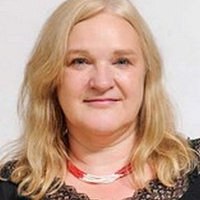Czech Business Today
EESC CORNER: The Single European Sky II+
A single European airspace will not emerge without greater leadership from the European Commission and a better enforcement of EU legislation, said the European Economic and Social Committee during its April plenary session. The warning came in the form of an opinion on the Single European Sky II+, which was adopted at the EESC’s plenary session following a request from the European Commission.
December 2012 was the deadline for creating nine cross-border functional airspace blocks (FABs), intended to replace the current 27 separate national air traffic control areas, thus paving the way for a single European airspace. However, only two of these are up and running in a truly operational sense, the Danish-Swedish and British-Irish airspaces. To put an end to the patchy implementation of the SES II legislation, the European Commission must bring infringement proceedings against Member States which failed to enact it and fine them if found in breach of the law.
Breaking up monopolies
The EESC has come out in favor of opening up ancillary air traffic management services to competition. Meteorological services, training and communication navigation surveillance services could be better, and more efficient if they were subject to market conditions and tendering procedures.
The provision of core air traffic management services across the EU is far from optimal. The wide range of navigational charges in Europe suggests that there is significant potential for lower charges through closer coordination and standardization in EU air traffic services. If the reforms foreseen in the SES II package were to succeed, they would have to be introduced through social dialogue. If staff members are not fully engaged in the transition process, the risk of failure will increase significantly.
Marie Zvolská,
EESC Member– Employers Group






